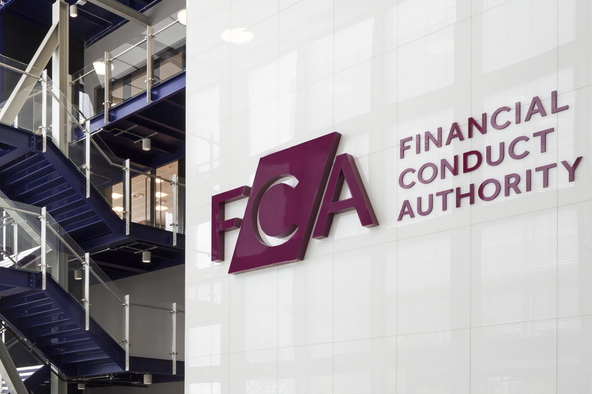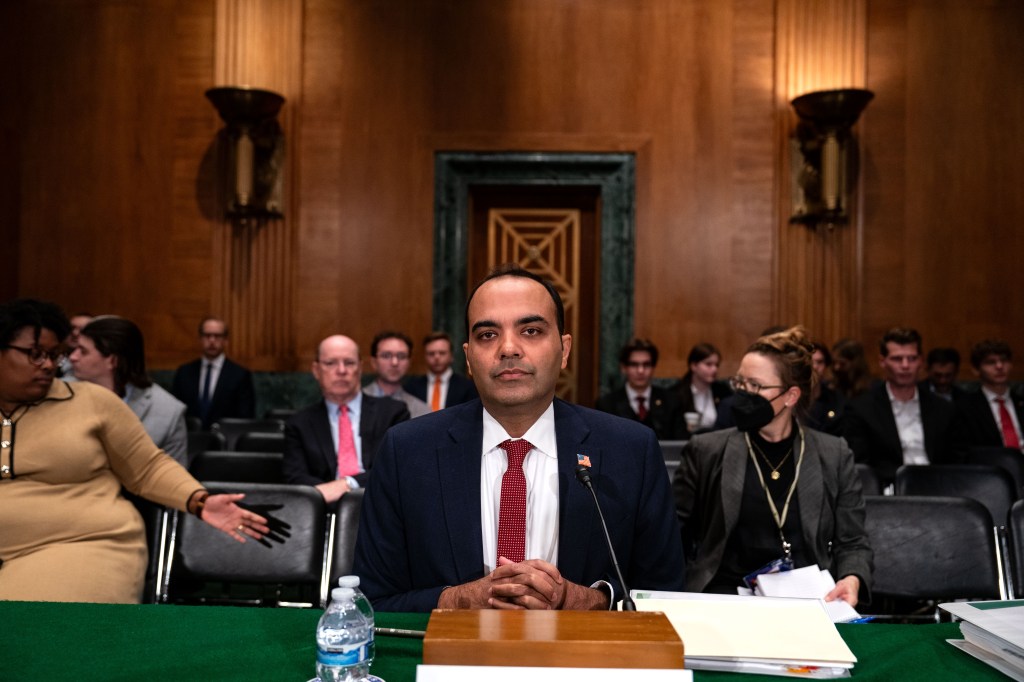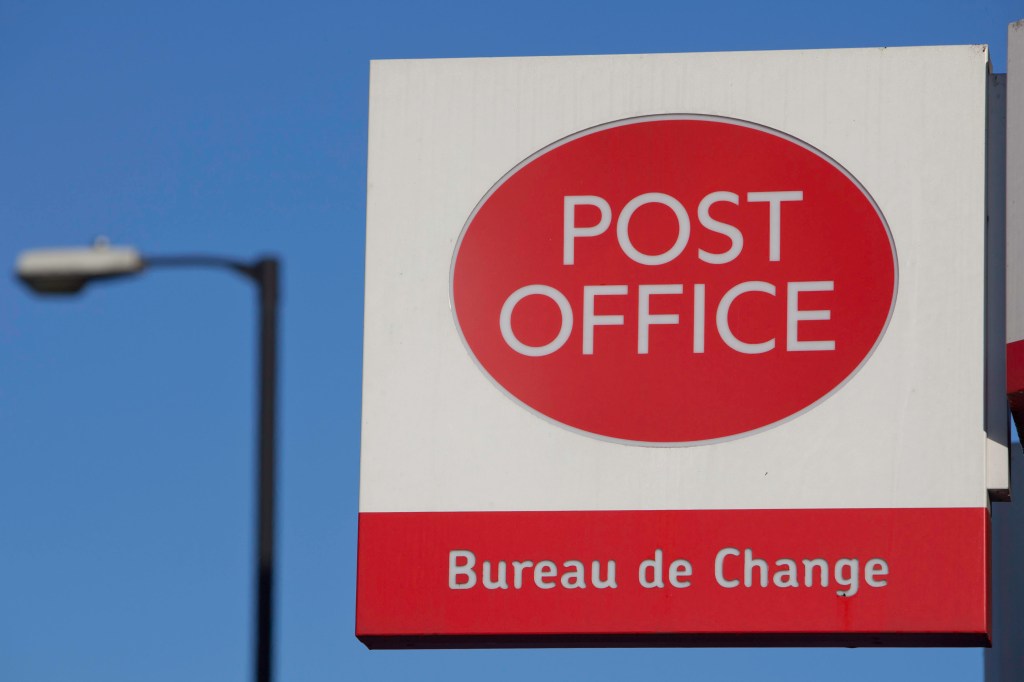Reducing the risk of money laundering via UK Post Offices is the aim of a series of measures announced by the FCA Monday 24 April. The UK’s National Economic Crime Centre has estimated that hundreds of millions of pounds is laundered through cash deposit channels at Post Offices every year.
Two key measures will see a move towards card-based transactions and away from paying-in slips, to allow for enhanced monitoring of transactions, and a reduction in the current £20,000 ($25,000) limit on individual transactions that was set by the Banking Framework Agreement.
Third-party deposits
Card-based transactions will, says the FCA, reduce the opportunity for third-party deposits to be paid into accounts. The regulator also found evidence that criminals were making multiple deposits of £20,000 each day in order to launder large amounts of cash quickly. The FCA wants to see a limit of £1,000 ($1,200) per 24-hour period on personal account deposits, and £10,000 ($12,400) in a 12-month period.
For business accounts, banks are encouraged to “consider adopting a talilored approach based on expected customer business activity”. It was not, said the regulator, “appropriate” to set a single limit. The £1,000 ($1,200) figure for personal accounts was selected to correspond with the minimum amount law enforcement agencies can seize under the Proceeds of Crime Act.
Other measures are:
- improved staff training to increase the likelihood of spotting patterns of suspicious activity;
- developing transaction monitoring capabilities;
- reducing the time it takes to submit Suspicious Activity Reports to the National Crime Agency
- improving intelligence sharing.
The FCA stresses it recognises that “Post Offices are an important part of protecting access to cash for people and small businesses.” Research by the regulator has found that 6% of adults in the UK used cash to pay for everything in the 12 months from May 2021, with the figure increasing to 9% among those classified as being in vulnerable circumstances.
“While most people have reasonable access to cash,” said the FCA, “it is vital that any money laundering protections don’t get in the way of legitimate customers and businesses accessing services at the Post Office.”













